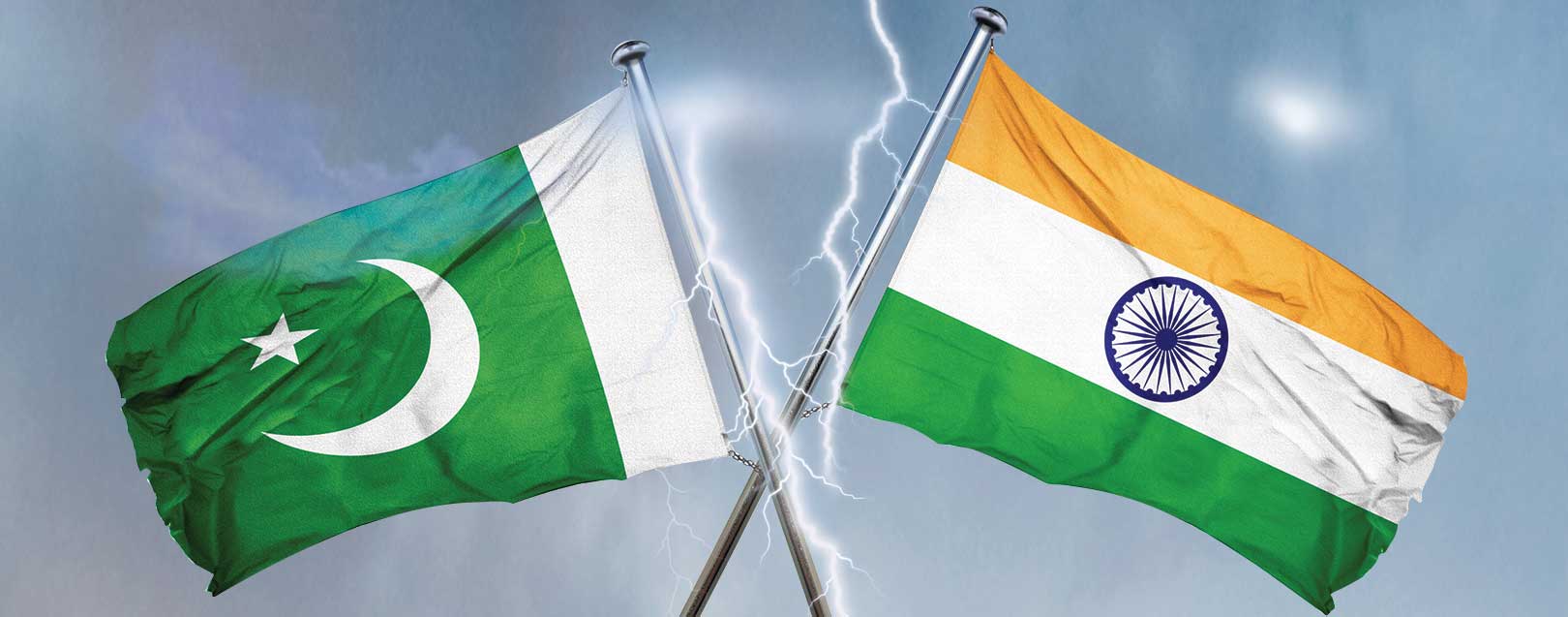
If one goes by statistics, withdrawal of MFN status by India will not have a significant impact on Pakistan.
Manish K. Pandey | The Dollar Business
India’s relationship with Pakistan has always been complicated. After all, there has been a long history of never-ending issues between the two nations. The situation has become even more complex of late, particularly after India held Pakistan responsible for the attack on an army camp at Uri in Kashmir, an attack in which 17 Indian soldiers lost their lives.
Since then India has been weighing options to respond – from a direct attack on terrorist camps in Pakistan to increased security on the border with its neighbour, from boycotting SAARC summit being hosted by Islamabad to even rereading the 56-year-old Indus Water Treaty, and many more. And not to say, New Delhi has been garnering both criticism and praise for its diplomatic offensives.
As tension mounts between the two countries, New Delhi has decided to also review the most favoured nation (MFN) status granted to Pakistan. If India chooses to withdraw the status, many believe the move will hit Pakistani industries really hard. But then there are also those who feel that taking away MFN status from Islamabad would be nothing short of a knee-jerk reaction and would lead to nowhere.
So, what is this MFN status? And what does the term “most favoured nation” really mean? The byword points towards providing special treatment to a friend nation. But that’s really not the case. On the contrary, it actually means “non-discrimination”. According to World Trade Organisation (WTO), a member country cannot normally discriminate between its trading partners. It has to treat every member equal – if a member country grants special benefits to a trading partner, it has to provide the same perks to all other WTO members. In short, the MFN principle ensures that each member treats its 163 fellow-members equally as “most favoured”.
If this is what happens, why is it that Pakistan?, being a WTO member, has still not granted India non-discriminatory market access (NDMA) [that’s what they call MFN in Pakistan] to its market. On the other hand, India had conferred the MFN status to Pakistan some 20 years back, in 1996. Well, the reason is simple – due to lack of consensus among powers at Islamabad, particularly the extreme right wing. But then if WTO is involved, how has Pakistan been successful in postponing the grant of NDMA to India for so long? Well, as per WTO, a member needs to sign an exclusive accord with the other member for MFN to come into play. What India has done is conferred the status unilaterally on Pakistan, in good faith. Hence, it’s not binding on Pakistan’s part to provide the same treatment to India. Further, countries can also deny MFN status to a country on several grounds such as a threat to national security from that nation. And that’s what New Delhi is likely to pitch for now at WTO! But will the move really hit Pakistan where it hurts the most – its trade and economy?
If one goes by statistics, withdrawal of MFN status by India will not have a significant impact on Pakistan, for, bilateral trade between the two nations has never actually taken off! In fact, it was just $2.41 billion in CY2015. While India’s exports to Pakistan was 0.74% ($1,963.45 million in value terms) of its total exports in CY2015, the share of import consignments from Pakistan stood at just 0.11% ($456.32 million in value terms) of India’s total import shipments in CY2015. Even if one considers Pakistan’s export-import shipments to/from India, the percentage shares remain almost similar. Out of Pakistan’s total merchandise exports of $22.05 billion in CY2015, a meagre $312.28 million (that’s just 1.41%) was routed to India. Pakistan’s imports from its eastern neighbour, however, worked out to $1.17 billion, or 3.79% of Pakistan’s total inward shipments of $43.98 billion, in CY2015. And that has been the trend, always!
This means Pakistan has had a large trade imbalance with India. This also means that there is a greater demand for Indian products in Pakistan. If India withdraws the MFN status, it will be allowed to raise import tariffs on Pakistani goods. But considering the low level of imports it will not affect Pakistan much. Hence, withdrawal of the MFN status will just be a symbolic win for India. But isn’t that what India needs more than anything else at the moment?
Get the latest resources, news and more...
By clicking "sign up" you agree to receive emails from The Dollar Business and accept our web terms of use and privacy and cookie policy.
Copyright @2024 The Dollar Business. All rights reserved.
Your Cookie Controls: This site uses cookies to improve user experience, and may offer tailored advertising and enable social media sharing. Wherever needed by applicable law, we will obtain your consent before we place any cookies on your device that are not strictly necessary for the functioning of our website. By clicking "Accept All Cookies", you agree to our use of cookies and acknowledge that you have read this website's updated Terms & Conditions, Disclaimer, Privacy and other policies, and agree to all of them.

